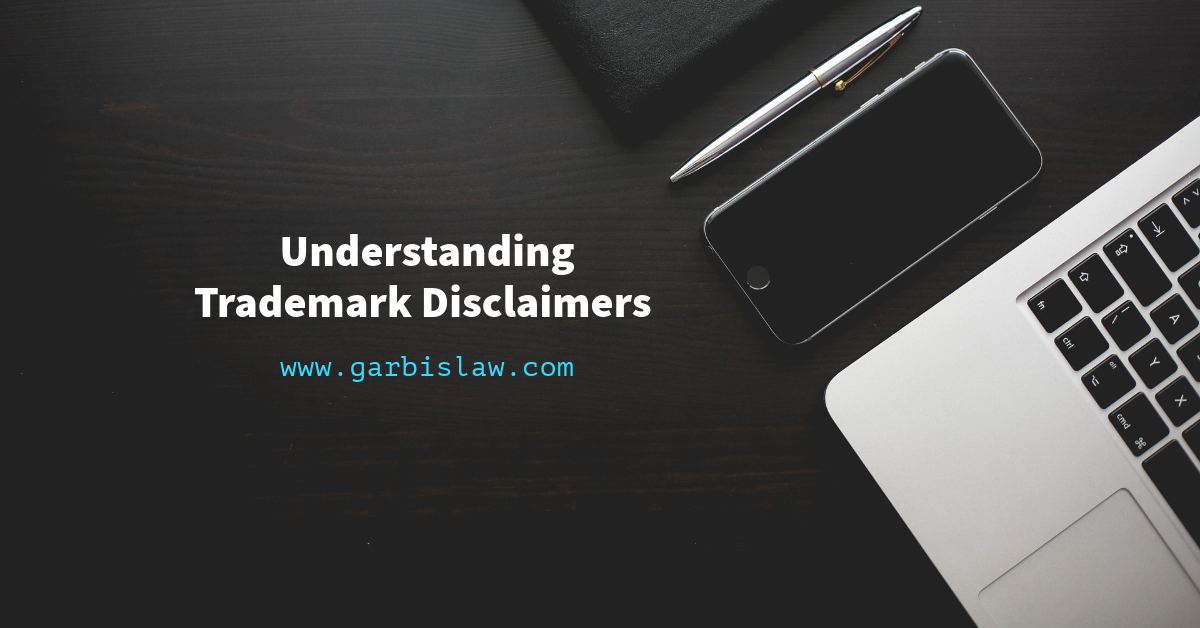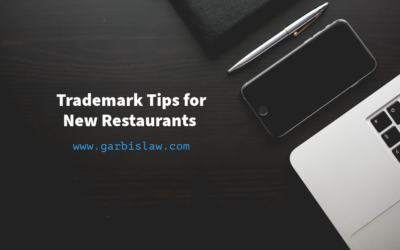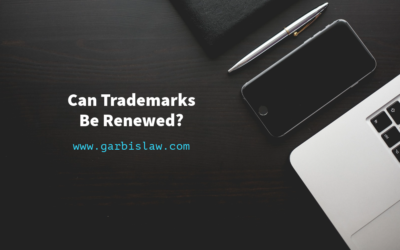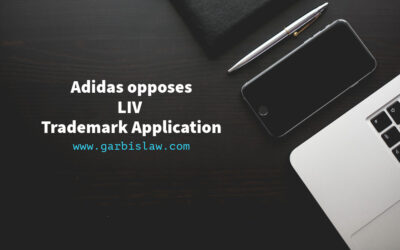Have you filed a trademark application and received an Office Action from the Examining Attorney who reviewed it asking you to disclaim a portion of your trademark? This is an extremely common occurrence and this post is meant to clear up any confusion as to what that actually means.
First things first, what exactly is a trademark disclaimer? To put it simply, a trademark disclaimer is a statement within a trademark application that essentially says, “Hey, we’re not claiming exclusive rights to this particular element of our trademark.” It’s like drawing a line in the sand, clarifying what aspects of your mark you’re staking a claim to and what parts you’re leaving open for others to use.
Now, you might be wondering, why on earth would anyone want to disclaim part of their trademark? Isn’t the whole point of trademarking something to protect it from unauthorized use? Well, yes and no. While trademarks are indeed meant to protect unique identifiers like brand names, logos, and slogans, there are certain limitations when it comes to registering a mark.
Not all elements of a trademark are created equal. Some parts of a mark might be considered too generic, descriptive, or otherwise unprotectable under trademark law. Take, for example, a coffee company called “Sunrise Coffee.” While the term “Sunrise” might be distinctive enough to warrant trademark protection for the coffee brand, the word “Coffee” itself is generic when it comes to coffee related products. In this case, the applicant would need to disclaim the term “Coffee” in their trademark application to make it clear that they are not trying to monopolize that word. By disclaiming certain elements of a mark, applicants help prevent confusion and ensure that words remain available for others to use in a descriptive or generic sense.
By disclaiming generic or descriptive terms within their marks, trademark applicants help maintain a healthy balance between protecting brand identity and preserving the public’s right to use common language.
Now, you might be thinking, “Okay, disclaimers make sense, but how do I know if I need one in my trademark application?” Great question! The need for a disclaimer typically arises when a trademark includes elements that are either descriptive of the goods or services being offered or are generic terms that others in the industry might need to use.
When to Use a Trademark Disclaimer:
Here are a few scenarios where a trademark disclaimer might come into play:
- Descriptive Terms:
Let’s say you’re starting a business selling “Fresh Squeezed Lemonade.” While “Fresh Squeezed” might help distinguish your lemonade from others on the market, the term “Lemonade” itself is pretty descriptive of the product. In this case, you might need to disclaim the term “Lemonade” to avoid claiming exclusive rights to a common description of the goods. - Geographic Terms:
If your trademark includes a geographic term like a city or state name, you might need to disclaim it if it’s merely descriptive of the origin of the goods or services. For example, if you’re launching a line of apparel called “California Style,” disclaiming the term “California” may be necessary if you are using it in a descriptive rather than a distinctive manner. - Generic Terms:
Finally, if your trademark includes a term that is widely used to describe the goods or services being offered, disclaiming that term is likely. Generic terms are incapable of functioning as trademarks because they’re the common name for the goods or services. So, if you’re selling “Apple Pie,” you can’t trademark the term “Apple” for pies because it’s a generic term for the fruit - Laudatory Words:
Words that describe an alleged superior quality of the goods and/or services, such as BEST, GREATEST, ULTIMATE, etc. - Business Type Designations:
Designations that merely indicate information about the type or structure of your business, such as “Corporation, LLC, etc.” need to be disclaimed. - Informational Words:
Words that merely provide information about your goods services or business. - Well-Known Symbols:
Symbols that provide information about your goods and/or services, such as the recycling symbol, “Rx” for medical goods, etc. - Deceptively Misdescriptive Words/Designs:
Words/designs that describe your goods and/or services in a way that is both false and believable, but will not materially affect a consumer’s decision to purchase the goods and/or services (for example, the mark SAL’S GLASS WAX for a glass cleaner that does not contain wax; that the goods do not contain wax would not necessarily change a consumer’s decision to purchase the cleaner).
How to Make a Trademark Disclaimer
Now, you might be wondering, “How do I actually include a disclaimer in my trademark application?” Another excellent question! When you’re filling out your trademark application, there is a section on the application where you can add the disclaimer.
Alternatively, adding a disclaimer during the examination of the application is also an option. A few months after filing your trademark application, the USPTO assigns it to an Examining Attorney for review. During that review, the Examining Attorney may issue an Office Action requiring you to disclaim a certain portion of your mark. You will have the opportunity to respond to the Office Action and add the disclaimer if it is necessary. If you properly file the disclaimer, and all other issues, if any, are addressed, the Examining Attorney will approve the application for publication and it will continue through the trademark registration process.
Trademark disclaimers may seem like a small detail in the grand scheme of things, but they play a crucial role in maintaining clarity, fairness, and balance in the world of trademarks. By understanding when and why to include a disclaimer in your trademark application, you can navigate the trademark process with confidence and protect your brand effectively.
As always, if you have any questions about trademark disclaimers or any other aspect of trademark law, please reach out to schedule a consultation or fill out the form below.





